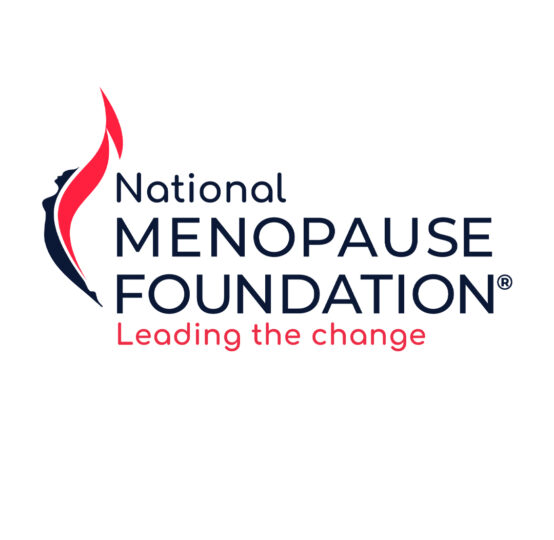Guide on Navigating Menopause & Perimenopause In the Workplace
Welcome to our comprehensive guide on navigating menopause and perimenopause in the workplace.
As a firm dedicated to women’s workplace rights and health, we recognize the unique challenges faced by employees undergoing these natural life stages. Menopause and perimenopause, while part of the same inevitable transitional phase in a woman’s life (primarily impacting individuals assigned female at birth, including cisgender women, some non-binary people, and transgender men) are distinct stages, each with its own symptoms and impacts on work performance and comfort.
Our aim is to offer support, advice, and legal solutions for those navigating these natural biological changes, ensuring they understand their rights and the protections available to them.
Perimenopause marks the transition leading up to menopause, typically beginning in a woman’s 40s, but can start as early as the late 30s, when the ovaries gradually produce less estrogen, causing changes in the menstrual cycle and the onset of symptoms like hot flashes, sleep disturbances, trouble concentrating, headaches, and mood swings. This stage can vary in length and intensity, reflecting the body’s adjustment to decreasing hormone levels, which can last from a few months to over a decade, with an average duration of approximately four years.
Menopause is reached when a woman has not had a menstrual period for 12 consecutive months, marking the end of reproductive years. The average age of onset is 51 in the United States, but it can vary widely. Menopause brings continued hot flashes, vaginal dryness, loss of libido, anxiety, changes in mood, cognitive function and feelings of loss of self.
As recently reported by Carrot Fertility the leading global fertility healthcare and family-forming benefits provider for employers and health plans, of the 1,000 people experiencing perimenopause or menopause across the U.S. who were surveyed, the vast majority of women (79%) describe working during menopause as challenging, more than other common life stages, including starting a new job (75% describe as challenging), starting a family (70%), or getting a promotion (62%). Relatedly, when asked what age decade is the most challenging for being in the workplace, respondents ranked their 50s as number one, well ahead of second-ranked 20s.
Most women reported the need to take time off or faced other serious challenges in the workplace during menopause and perimenopause. A majority (54%) have encountered at least one menopause-driven work challenge, including loss of work time and job security concerns. Among the nearly 40% of women who took time off due to perimenopause or menopause symptoms, 71% lost more than 40 hours (one full week) of work time, and 30% reported losing more than a month of work time altogether. Of those who took time off, 59% felt they needed to conceal the reason for the time away.
Other workplace challenges tied to menopause reported included: perceived losses to credibility in the workplace, worries over job loss due to menopause stigma, and lost work friendships.
- Workforce Participation: Women over 40 make up a significant portion of the workforce. According to the U.S. Bureau of Labor Statistics, the labor force participation rate for women ages 45 to 54 was about 77% in 2020, and for those 55 and older, approximately 39% were participating in the labor force.
- Impact of Menopause Symptoms: A survey conducted by the American Association of Retired Persons (AARP) found that nearly two-thirds of women aged 40 to 65 years reported experiencing symptoms related to menopause. The symptoms can range from mild to severe and include hot flashes, sleep disturbances, mood swings, and cognitive difficulties, which can certainly affect job performance and satisfaction.
- Leaving the Workforce: While specific statistics on how many women leave the US workforce annually due to menopause are not readily available, it’s acknowledged that the lack of support and awareness around menopause in the workplace contributes to women feeling undervalued, leading to increased absenteeism and, in some cases, decisions to leave their jobs. The impact is particularly significant in industries where the work environment does not accommodate temperature control, flexible schedules, or other supports that could mitigate menopausal symptoms.
- Workplace Struggles: Research indicates that nearly a third of working women in the 50-64 age bracket will experience severe menopause symptoms that negatively impact their work. Moreover, a survey by the Chartered Institute of Personnel and Development (CIPD) found that three out of five working women between the ages of 45 and 55 who are experiencing menopause symptoms say it has a negative impact on them at work.



